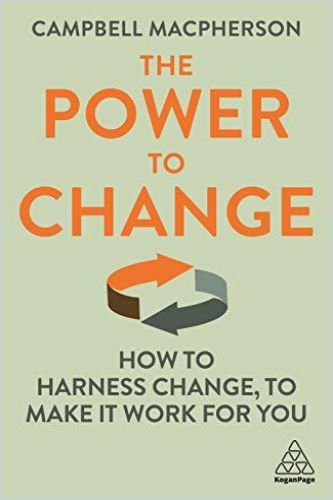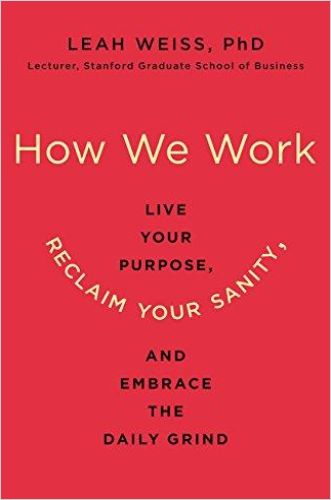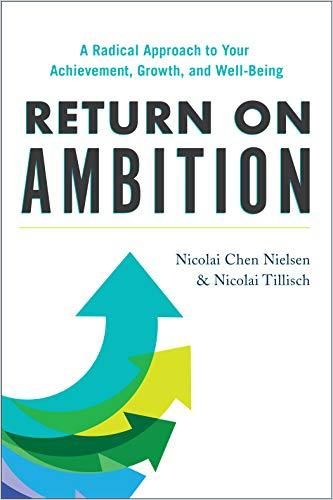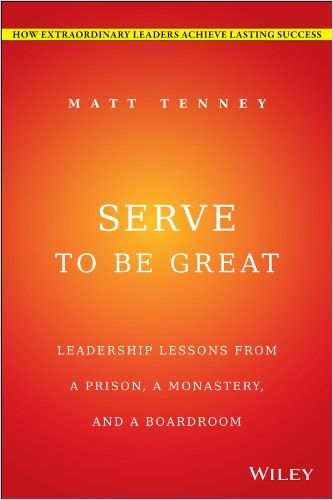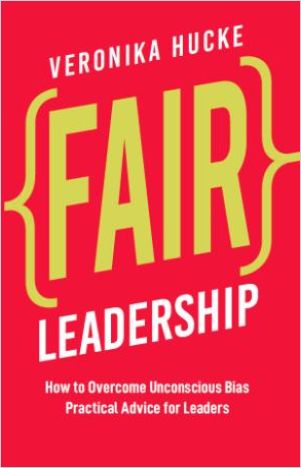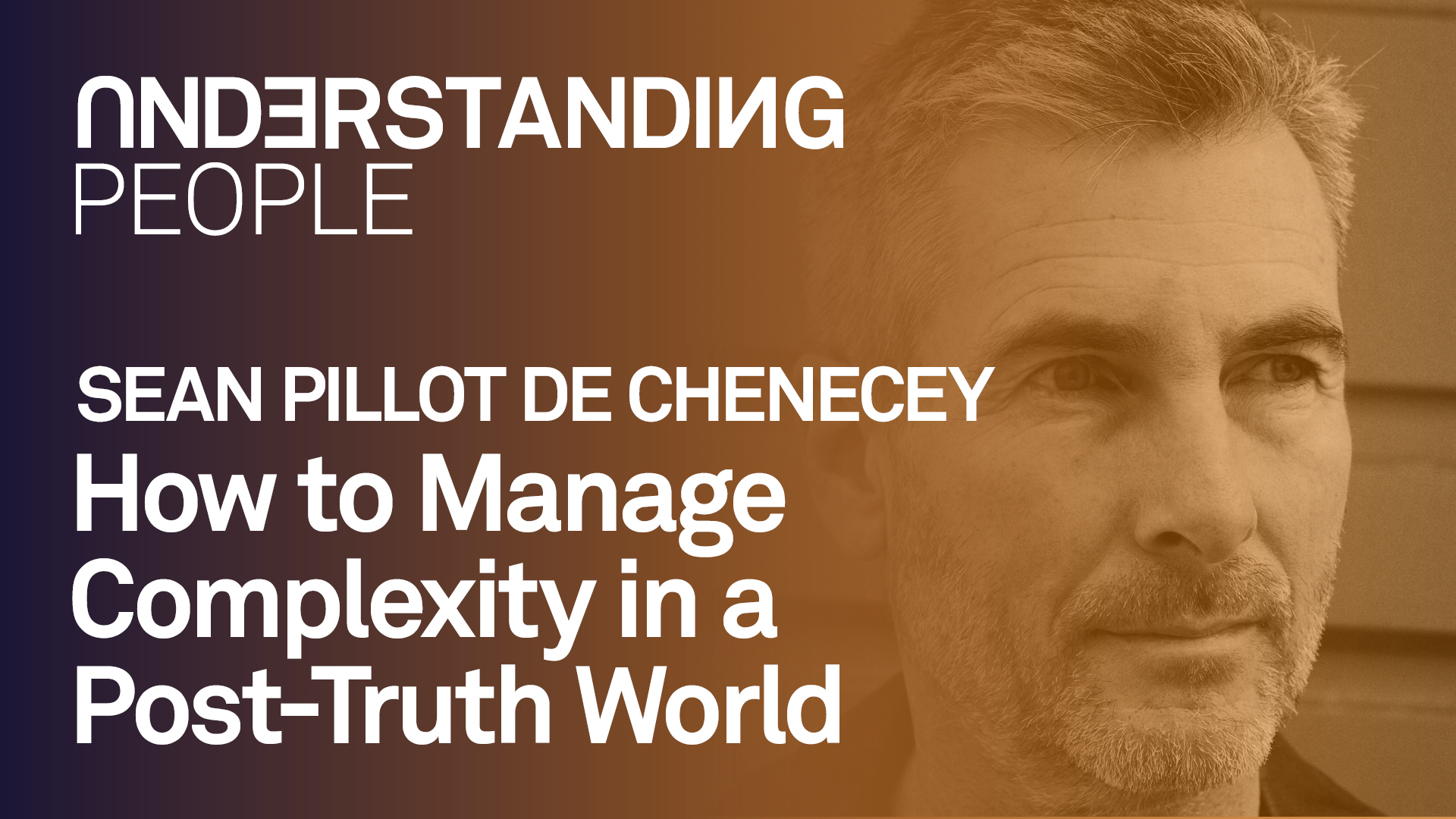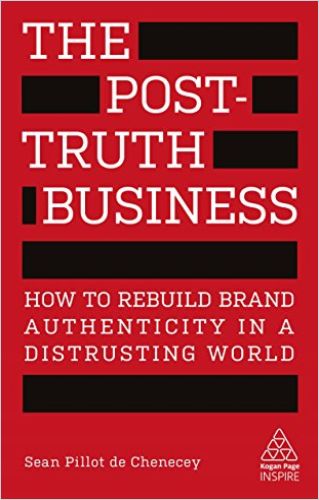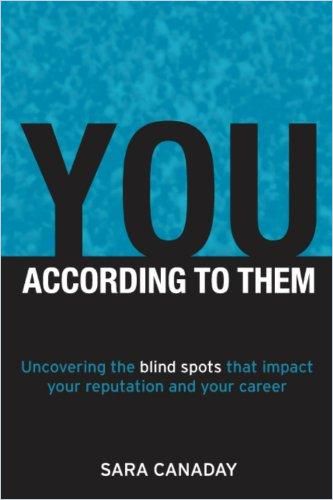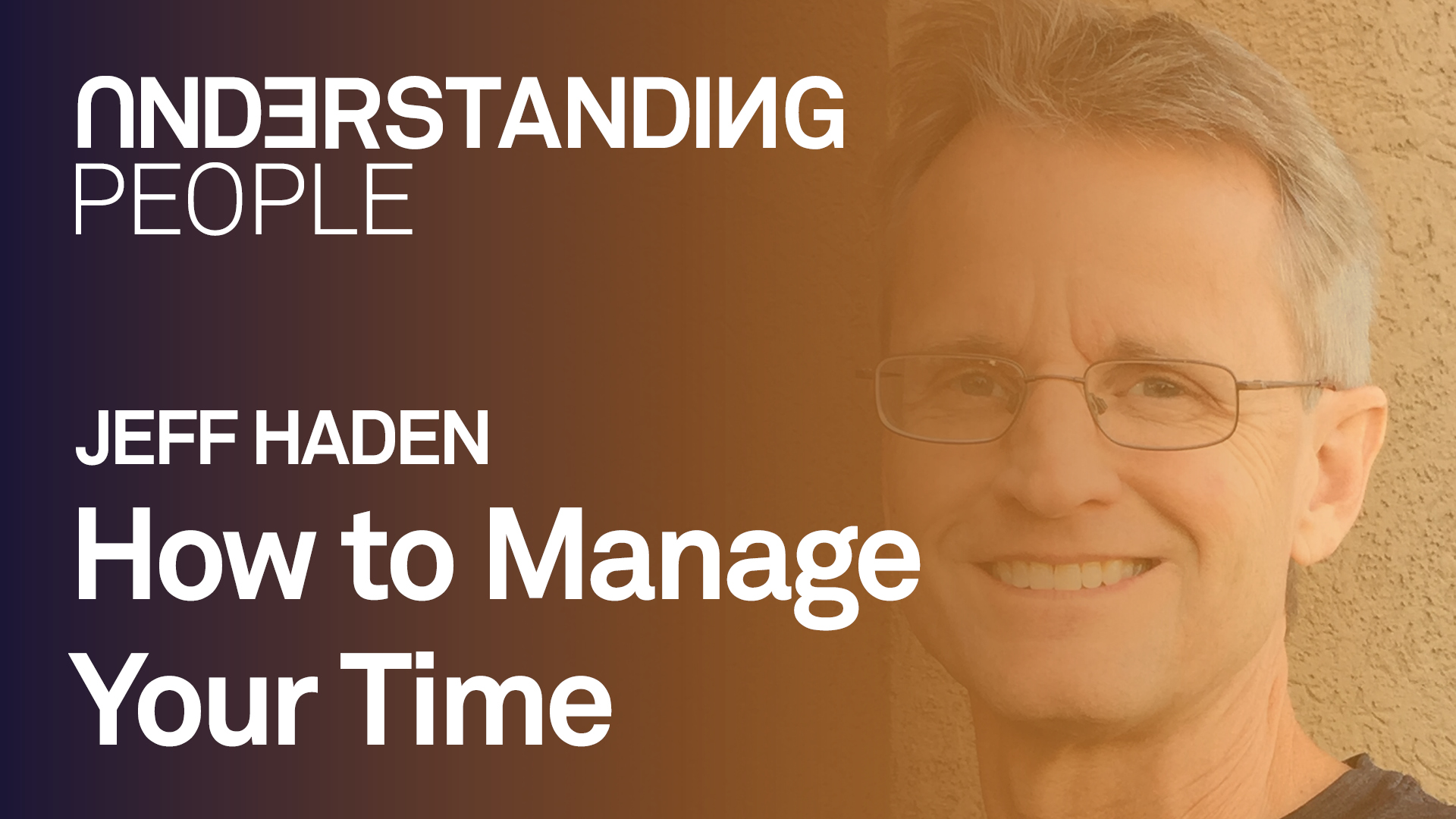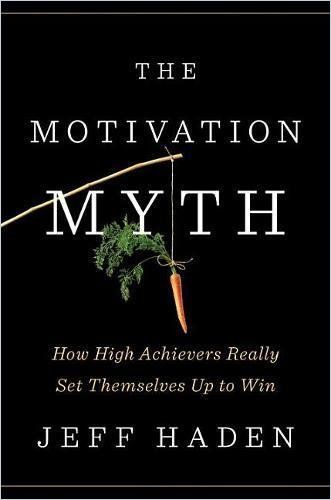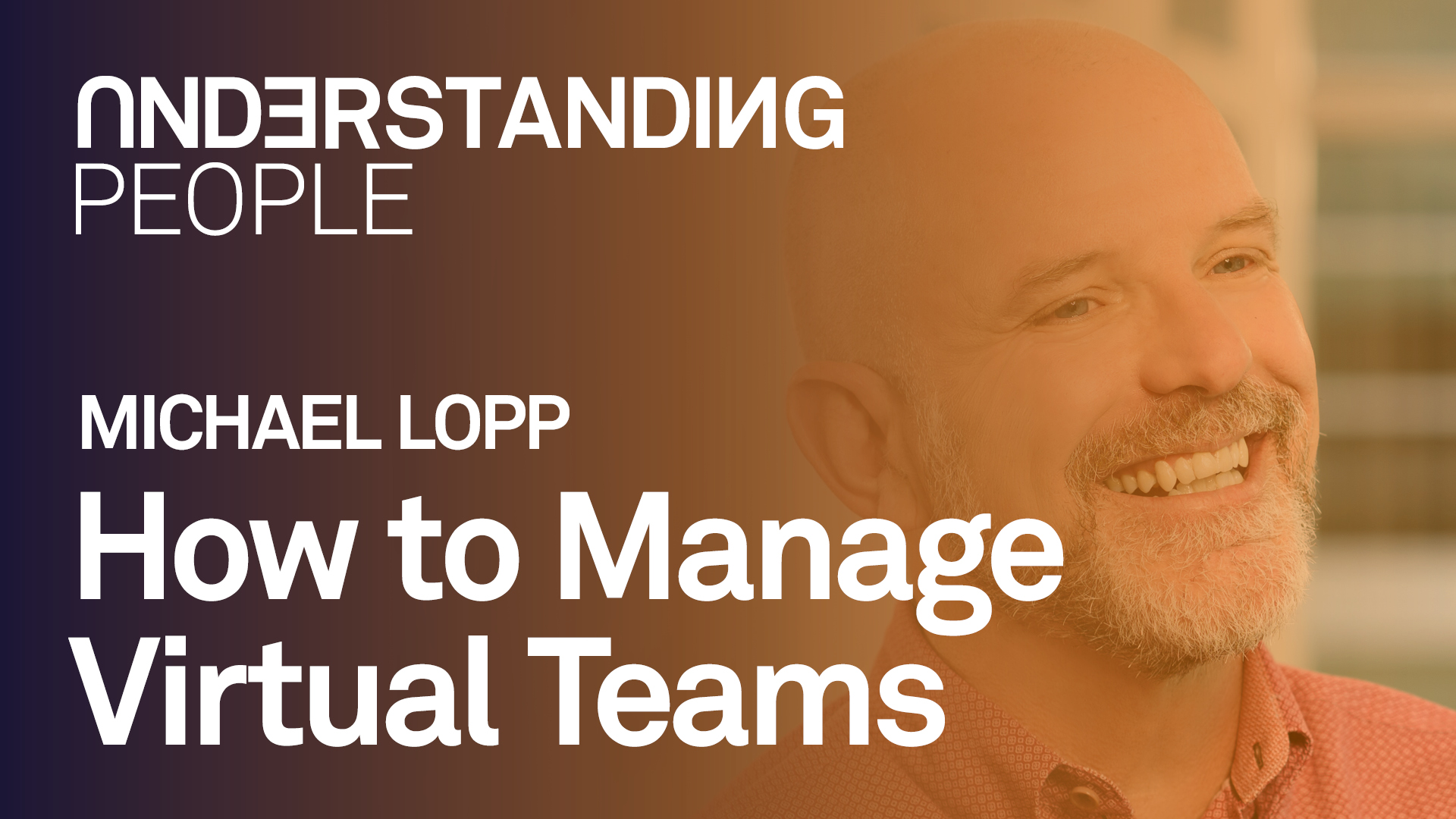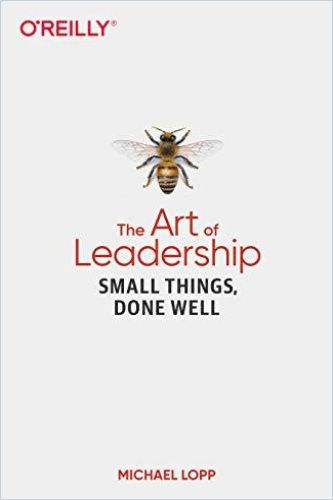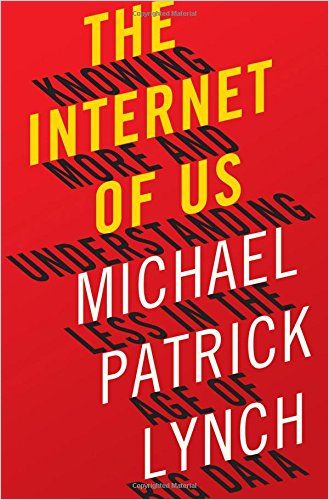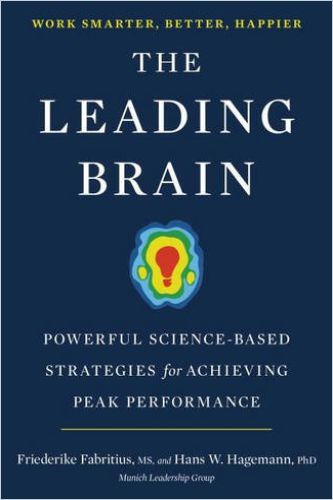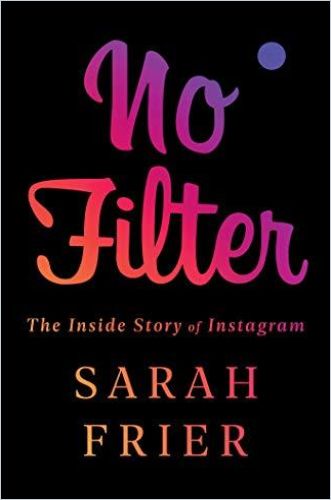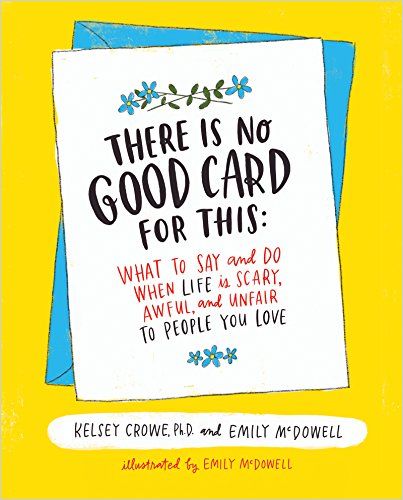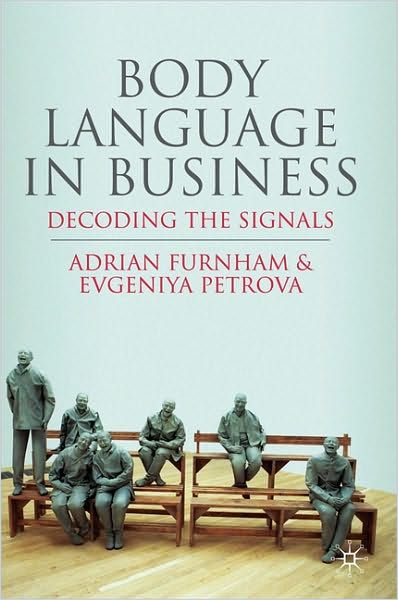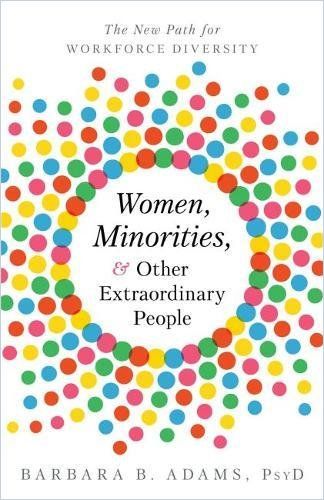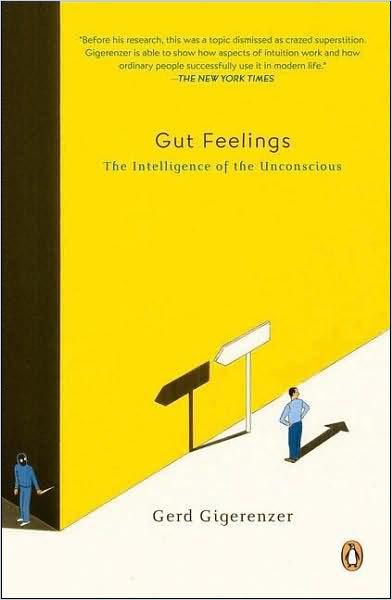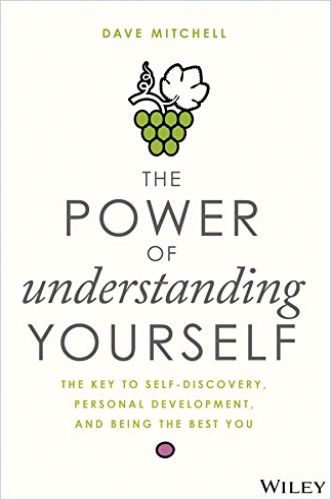

OUR SERIES ON EFFECTIVE COMMUNICATION
In this getTogether series, we are examining interpersonal communication, why we misunderstand each other, and how to build bridges even when biology, context and personal biases are working against us.
In Season 2 of Understanding People, we explore how we can view change and uncertainty an opportunity.
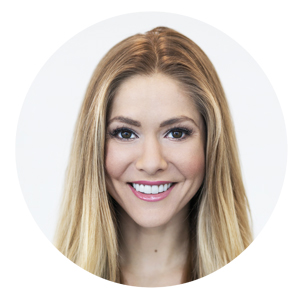
YOUR HOST
Kirsten Müller-Daubermann is a Mental Health Advocate, Sports Coach and Regular Host for getAbstract webinars and getTogethers.

How to Manage Negativity
Best-selling author, executive coach and keynote speaker, Michael Lee Stallard launches us into our second season as we dive right into the tough stuff: how to manage negativity – in the (home) office, on the team, with your friends and in your head. Stallard offers practical tools you can implement immediately – in your mind and in your daily tasks – to help ward off the psychological and physiological effects of the surrounding chaos.
Prep Reading at getAbstractNEW: Season 2
How to Manage Anything in Uncertain Times
As 2020 showed us, much more is out of our control than we think, or even realize. In a world where even the most foundational realities of work and life can change in an instant, we must shift our focus from trying to control our environment as it is disrupted, to how we manage our response. In Season 2 of Understanding People, we explore how we can view change and uncertainty an opportunity.
Related Journal Interview
Please find all 8 episodes of season one of "Understanding People" below.
How "Google-Knowing" Robs us of Understanding, and How to Fight Back
In this episode, we are talking to Professor, Philosopher and author of The Internet of Us, Michael P. Lynch, about the difference between "Google-Knowing" and deep understanding. We explore ways to actively gain knowledge, fight information silos and polarisation, and eat some epistemological humble pie when it comes to understanding people and differrent perspectives.
How Understanding Brain Chemistry Builds Better Teams
In this episode, we are talking to neuroscientist, keynote speaker and award-winning author of The Leading Brain, Friederike Fabritius, about how to understand and leverage brain science for better performance and productivity. We discuss about how to hack our brain chemicals to increase fun and focus at work, and even how changes to our physical and virtual work environments to build trust and better teams. Taking into account our own and others brain chemistry can help us create a workplace – and a life – that is happier, healthy and sustainable.
Social Media: Hero or Villain?
In this episode, we are talking to Bloomberg Tech Journalist Sarah Frier, author of No Filter, a deep dive into the origin story of Instagram and its later acquisition by Facebook. Her book was longlisted for getAbstract's International Book Award 2020.
We ask: How have the explosion of social networks and their pervasiveness in our lives shaped our communication, both online and off? What role do algorithms play in igniting creativity, and on the other hand, increasing polarisation? Despite our obsession with likes, shares and engagement, is there any hope that social media could help restore authentic online communication? It all depends on us, the users. But we need to learn how our behavior is influenced, so we can make more independent, and healthy choices.
How to Cultivate Empathy Amidst Compassion Fatigue
Find out how to use empathy as a motivator rather than letting it wear us down – including the importance of letting some strangers remain strangers. Our guest is best-selling author Kelsey Crowe. She teaches social work at California State University, and founded Help Each Other Out. Its Empathy Bootcamps give people tools “for building relationships when it really counts.”
What We Say Without Saying It
In this episode, we will look at how we judge others based on what we see presented to us on film, television, and other media. Our guest will be Adrian Furnham, a psychology professor at London’s University College, and author of the bestseller Body Language in Business.
In this episode, together with Barbara Adams, the founder and chief learning officer at GAR (Gender, Age and Race) Diversity Consulting in San Francisco, we’ll examine how we can keep context in mind in difficult interpersonal conversations and the way our own biases can blind us to obvious truths.
In this episode, we'll explore the tensions between intuition and reason with Gerd Gigerenzer, director of the Center for Adaptive Behavior and Cognition at the Max Planck Institute for Human Development. His decade-long research focuses on how we make decisions that in turn impact our workplaces, our communities and even the application of emerging technologies such as artificial intelligence.
In this first episode, we dive inward first, examining our thought life, how we conceptualize ourselves, and looking at a few different personality types to frame who we are and how we relate to others. Our guest: best-selling author Dave Mitchell.

Kirsten Müller-Daubermann is a Mental Health Advocate, Sports Coach and Regular Host for getAbstract webinars and getTogethers.
